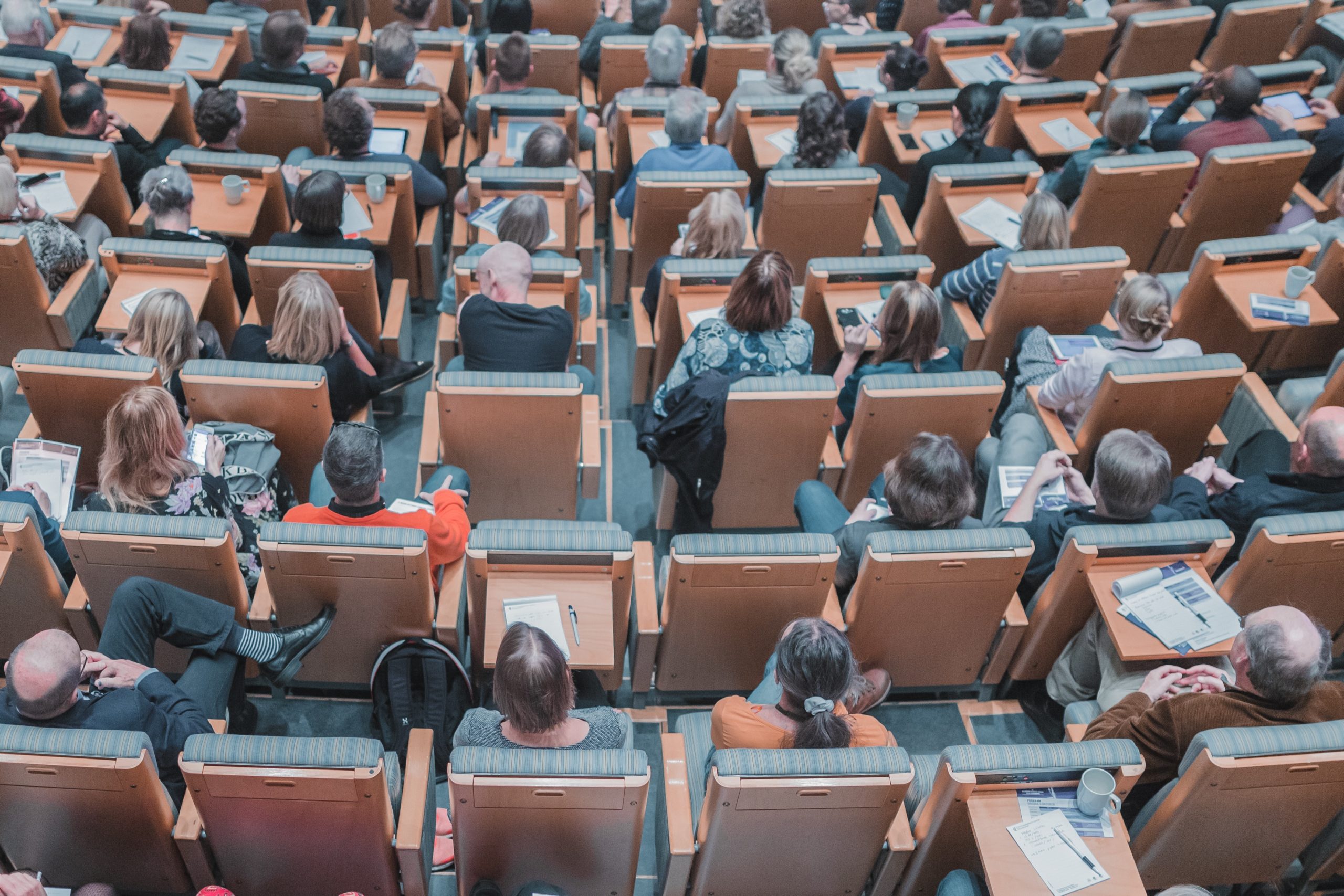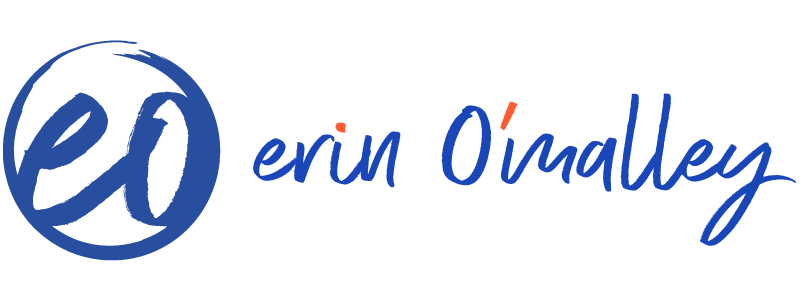Do you listen when you talk? Or are people checking out when you’re speaking?

We’re back with another edition of the Story Session Activity. This activity was born from delivering one horrible active listening workshop too many and deciding there had to be another way.
The breakdown: one person gets 3 minutes to tell the group about a favorite vacation they took, and the group acts on various good/bad listening techniques. I watch it go down–the emotions flare, the aggravation sets in, the joy of that one positive response–and then we debrief and discuss.
During one workshop the activity took a twist. It was the storyteller, not the listeners, that learned a big lesson. You can check out the video here (skip to minute 1:25 if you’ve heard the Story Session explanation) to find out what happened when the storyteller did not read the room. Or, read on below for the transcript.
[embedyt] https://www.youtube.com/watch?v=JkWggGGKetI[/embedyt]So today I’m taking a little bit of a different twist on the activity and we’re not going to talk about a card, but we’re gonna talk about the experience from the storytellers’ perspective.
Now, this was during a workshop and it was with a group of optometrists. It was the ODS, the doctors, and then their office staff who was with them at this conference. One of the ODs raised his hand and he volunteered to be the storyteller. For three minutes, he told a story about his vacation spot and he was super into it.
I was watching this go down because everyone else in the group was doing their things: someone took out their phone. Someone got up and walked across the room. Other people were whispering to each other. Someone interrupted him like they were doing all of the things.
Afterward, when we debriefed, I asked him, “How was that experience for you?”
“Great! Super! Oh, that was great!”
Then I asked the group, “How was that for you?”
Their response…”Okay, I guess?”
Then I went back to the doctor, and I said, “Did you notice anything that the group was doing?”
“No, I didn’t notice! I just was telling my story. Like I was super into it. It was a great spot to go on vacation.”
Yes–we need to focus on our listening. However, we also need to think about when we’re talking, what are we taking in?
Are we listening when we’re talking?
He was oblivious to the behaviors of the group, the facial expressions of the group, the actions of the group, he was in his world, proving his point, telling his story.
I couldn’t help but wonder what it was like in that doctor’s office. Was he taking in, observing the behaviors in the room when someone was talking to him? Was he really listening to his patients? His team?
In that example, he was in his world, not taking in any of the signs or the cues of anyone around him. When we are speaking, we need to be aware. We need to notice people’s expressions.
Have we offended someone?
Is something going well, is something going wrong?
What’s happening in the group?
Are they engaged with us?
So this one’s an interesting one. As we’re talking we need to be listening to the environment, the actions, the facial expressions, and the behaviors of the people around us to make sure that our message is landing and resonating. There is some food for thought for you today. The next time you’re telling a story the next time you’re in a meeting, notice if you are observing what’s happening with the group when you’re talking.
What are they doing? How are they responding? Are you with them as much as they are with you?

Join My List!
TIPS ON CREATING A “CULTURE OF CONNECTION”
Are you tired of reading the same regurgitated information? Do you want to learn
fresh, new connection tactics that your competition doesn’t know about? Just click the button below to subscribe today to get the latest news, updates and special offers.


0 Comments